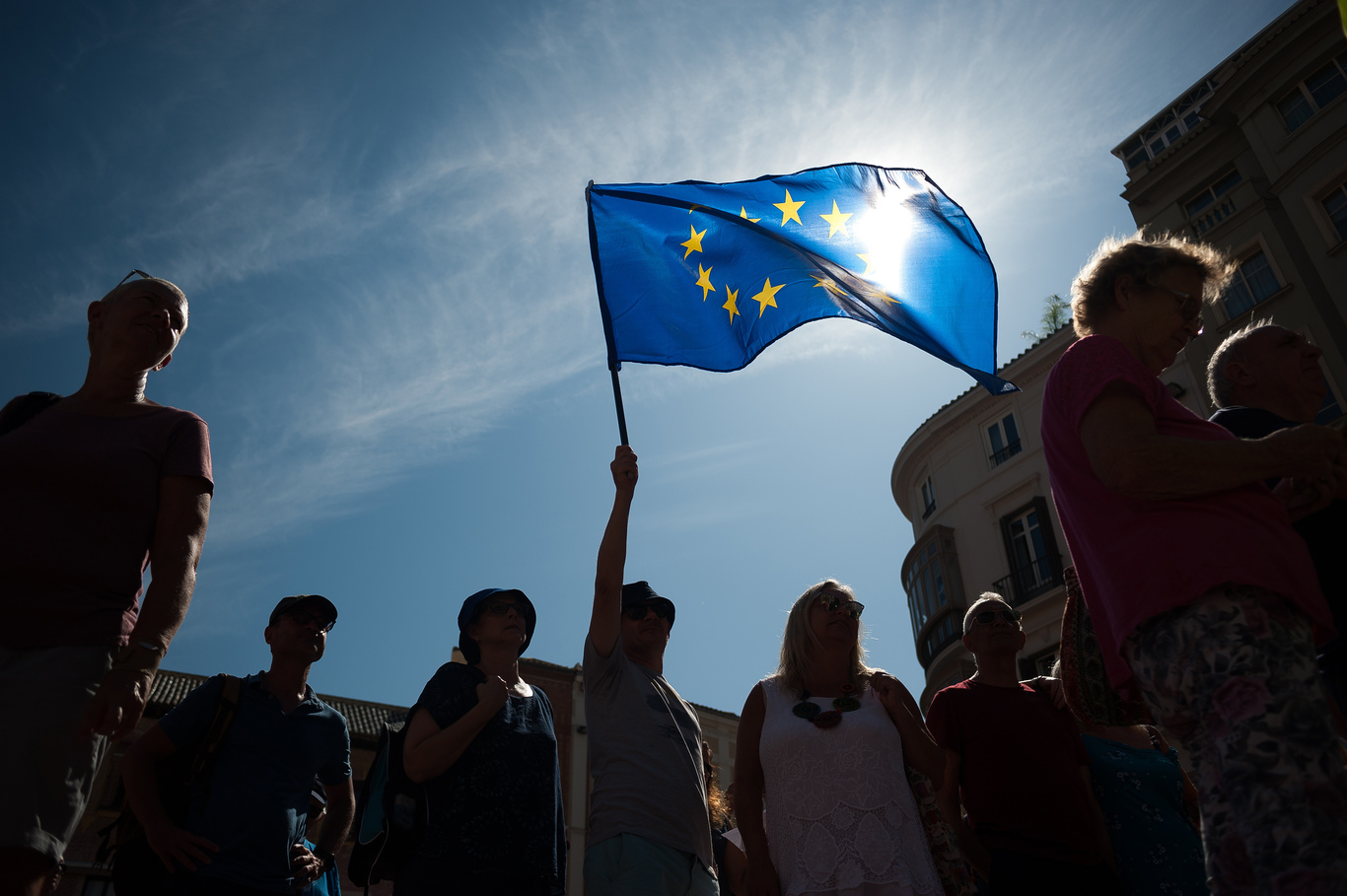Business groups 'cautiously welcome' a budget 'developed in the shadow of Brexit'
Brexit was a major theme in Budget 2020, but some industry groups have voiced concern.
THIS YEAR’S BUDGET may have been created with Brexit in mind but business groups are having a mixed response over how effective it really will be for their industries.
Minister for Finance Paschal Donohoe presented the budget “developed in the shadow of Brexit” in the Dáil this afternoon, announcing a €1.2 billion package to respond to a no-deal Brexit.
The money set aside excluded EU funding that may be available for the agri sector or under the European Globalisation Fund.
Donohoe described Brexit as “the most pressing and immediate risk to our economy” and stated that €220 million would be made immediately available if the UK leaves without a deal.
He pledged €650 million to the sectors that will be most affected, with €110 million going toward agriculture – €85 million to the beef sector and €5 million to the food and drink sector. €110 million will also go towards the firms identified as vulnerable.
The tourism sector is set to receive €40 million, with the remaining €390 will be decided at a later date.
While Donohoe seemed optimistic that the fiscal plan will enable the government to “stand ready to act” in the case of a no deal, business groups have shown mixed support.
What Irish exporters think
Simon Mc Keever, the Irish Exporters Association chief executive, said he “cautiously welcomes” the budget and no-deal preparations but was “concerned” over the €110 million figure set aside for vulnerable firms.
He said the figure will “not be enough” and has asked for the government to “further clarify how today’s committed spending will be distributed between affected companies”.
Mc Keever said there are “serious concerns” a no-deal Brexit will lead to “an immediate and accelerating deterioration in businesses’ credit profile” and he is asking for clarification on measures to support any businesses that will be affected in this respect.
He also highlighted his concerns over the small take up in the Brexit loan scheme by businesses and said more needed to be done to help companies understand, prepare for and mitigate the financial impact of a no-deal.
“The IEA thus calls on the government to further engage in talks with the European Commission to investigate both national and EU-measures to support excessively affected businesses,” he stated.
What the tourism industry says
The Irish Tourism Industry Confederation said Budget 2020 “was a missed opportunity to support the tourism sector”.
Chief executive Eoghan O’Mara Walsh acknowledged the €40 million made available to the tourism sector but said the government had previously estimated a no-deal Brexit would cost the sector €390 million and 10,000 jobs.
“Brexit, even if a deal is to come, is already having a real and material impact on the Irish tourism industry and most key source markets are in retreat,” he said.
“The budget should have supported the competitiveness of Irish tourism businesses and provided additional current funding to support overseas marketing,” he added.
The Irish Hotels Federation (IHF) has criticized the government’s decision not to reverse the tourism VAT hike from 9% to 13.5% that was introduced in last year’s budget.
President of IHF Michael Lennon cited the challenges facing the industry that include a drop in overall business levels and nearly two-thirds of hotels feeling the negative impact of the sterling drop on business.
He said Irish tourism supports 270,000 jobs in the country and it was “disappointing” the government didn’t recognise the “challenges now confronting the tourism business”.
Lennon stated the government has “failed to recognise” the importance of competitiveness in doing business in Ireland by not reversing the VAT rate.
Food and Drink Ireland, part of Ibec, welcomed the Brexit support measures, with director Paul Kelly saying that if they are rolled out effectively they could help the resilience of the agri-food sector.
He did raise concerns over a temporary tariff schedule published by the UK government this morning that is “problematic for some foods”.
Unless we see a significant degree of cost recovery in the marketplace, exports to the UK will be badly affected. This will require a multi-annual framework for Brexit mitigation, he said.
Get our Daily Briefing with the morning’s most important headlines for innovative Irish businesses.






